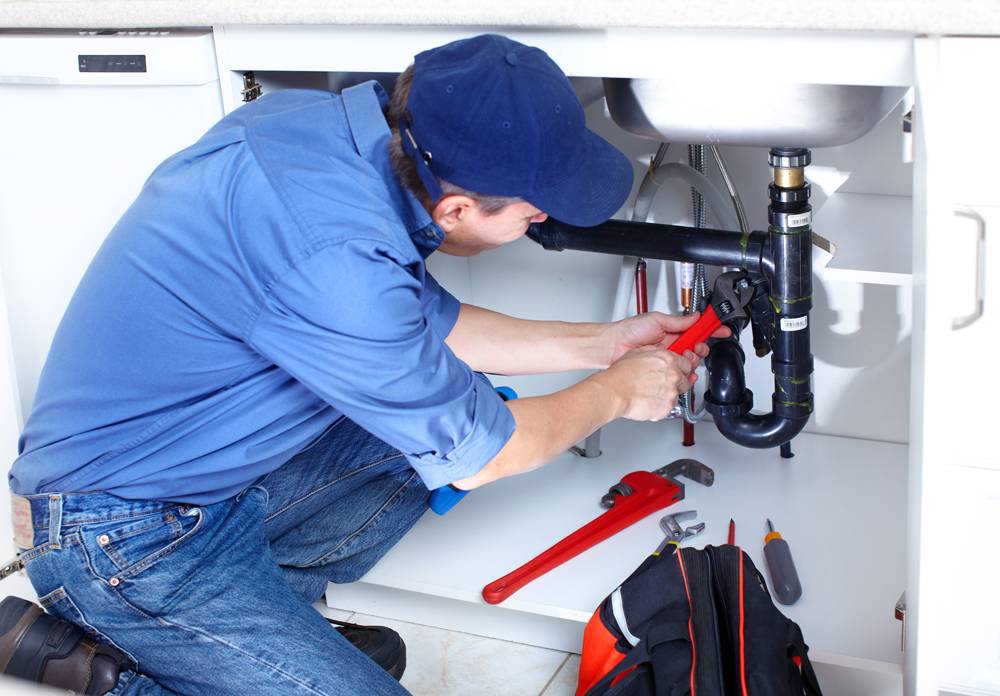Common Plumbing Issues and How to Solve Them
As a plumber, I've seen my fair share of plumbing problems in homes. Let's take a look at some of the most common issues and how you can address them.
Leaky Faucets
One of the most prevalent problems is a leaky faucet. Not only is it annoying, but it can also waste a significant amount of water over time. In many cases, a leaky faucet is caused by a worn - out washer. To fix this, you first need to turn off the water supply to the faucet. Usually, there are shut - off valves under the sink. Then, use a wrench to remove the handle of the faucet. Once the handle is off, you'll be able to access the washer. Replace the old washer with a new one of the same size and reinstall the handle. Turn the water supply back on, and the leak should be fixed. However, if the leak persists, there could be a more serious issue, such as a damaged valve seat, and it might be time to call in a professional plumber.
Clogged Drains
Clogged drains are another common headache. Hair, soap scum, food particles, and grease can all build up in the pipes over time, causing blockages. For a clogged sink drain, you can start by using a plunger. Make sure the sink has a little water in it to create a seal for the plunger. Push and pull the plunger firmly several times. If that doesn't work, you can try using a drain snake. Insert the snake into the drain and rotate it as you push it in to break up the clog. In the case of a clogged shower drain, hair is often the culprit. You can try using a drain hair catcher or a special tool designed to remove hair from the drain. If the clog is deep within the pipes or affects multiple drains in the house, it could be a sign of a more serious problem, like a collapsed or blocked sewer line, and professional help is necessary.
Water Heater Problems
Many American households rely on water heaters for hot water. If your water heater isn't producing enough hot water or the water is too hot or too cold, there could be several reasons. For an electric water heater, a tripped circuit breaker or a faulty heating element could be the issue. Check the breaker box to see if the breaker for the water heater has tripped. If it has, reset it. If the problem persists, the heating element might need to be replaced. For a gas water heater, a problem with the pilot light, gas valve, or thermocouple could be causing the issue. If the pilot light has gone out, follow the manufacturer's instructions to relight it. If you're not comfortable doing this or if the problem persists, it's best to call a plumber.
Low Water Pressure
Low water pressure can be a frustrating problem. It could be due to a clogged aerator in the faucet. Unscrew the aerator from the end of the faucet and clean it with a brush and some vinegar to remove any mineral deposits. Another possible cause is a leak in the pipes. Check for any signs of water damage, such as wet spots on the walls or floors. If you suspect a leak, turn off the main water supply and call a plumber immediately. Sometimes, low water pressure can also be a problem with the municipal water supply, and you may need to contact your local water department.
In conclusion, while some minor plumbing issues can be fixed by homeowners, it's important to know when to call a professional plumber. If you're unsure about how to handle a plumbing problem or if the problem seems complex, don't hesitate to reach out to a licensed plumber. We have the experience, tools, and knowledge to get the job done safely and effectively.
